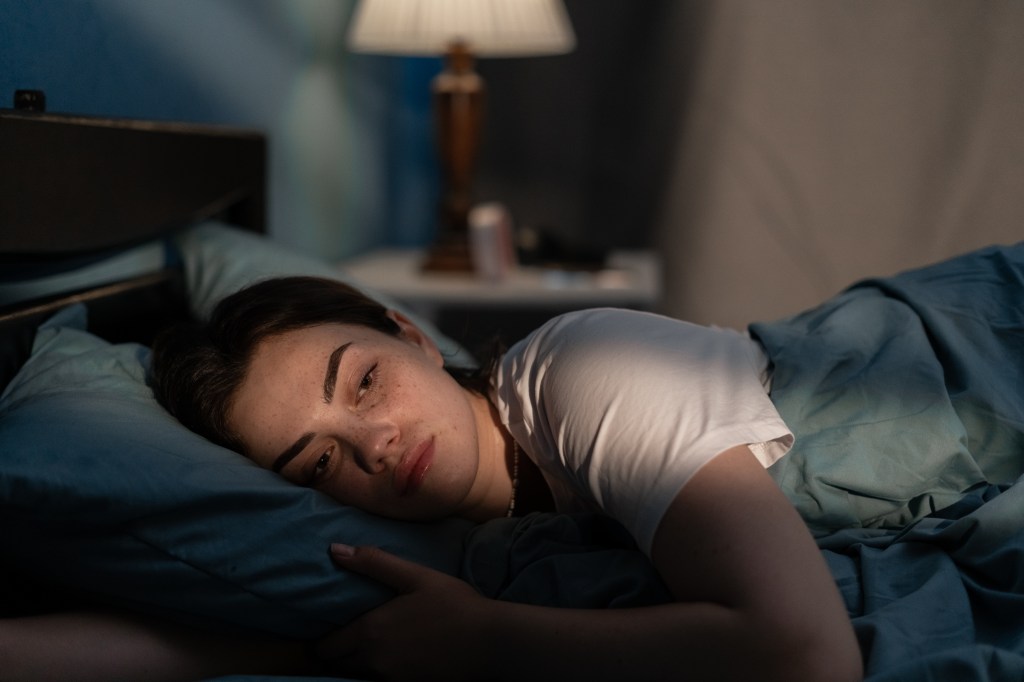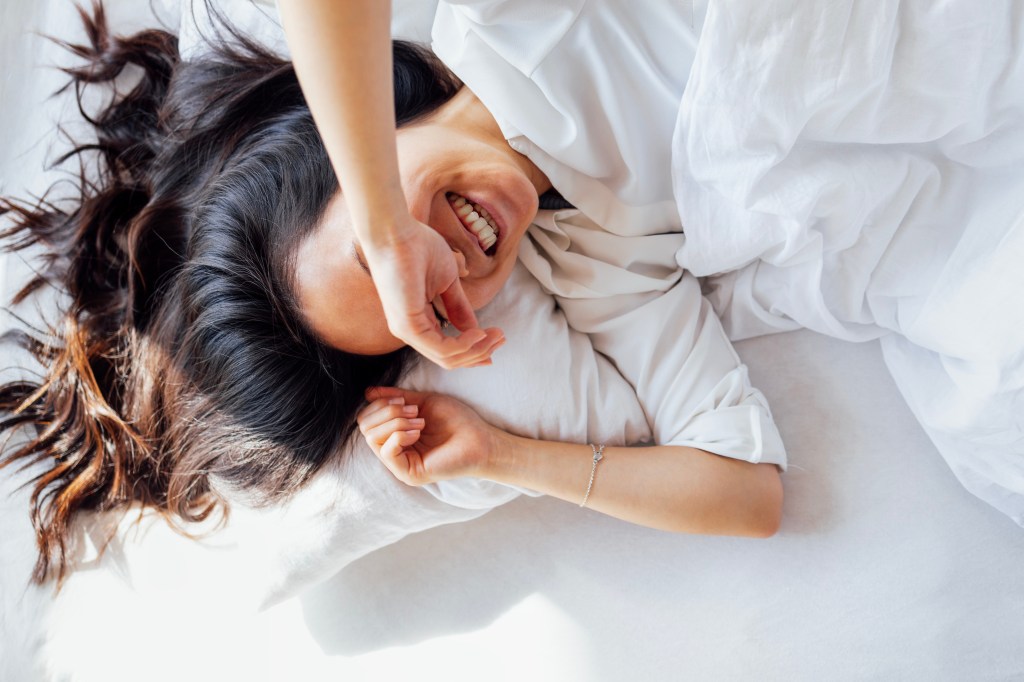Sleep is known to have amazing health benefits – but how much shut-eye is too much?
The answer is not so straightforward, said Dr. Chris Winter, a Virginia-based neurologist and sleep medicine specialist with Mattress Firm, told Fox News Digital.
“This is somewhat of an impossible question to answer,” he wrote.
As with nutrition and other lifestyle factors, Winter explained that the ideal amount of sleep is a “dynamic range.”
“What is too much food for me may be an extremely insufficient amount for an Olympic swimmer,” he said as an example.
For the average adult, sleep duration exceeding 11 to 12 hours would be considered “too much” and would begin to “raise questions about sleep quality and sleep consistency,” Winter said.
While getting too much sleep can cause many negative effects, too much sleep can pose risks such as sleep inertia, which is the feeling of restlessness that occurs after sleeping for a long time.
“For many individuals, it’s less about ‘too much sleep’ and more about compensatory sleep,” he said.
“In other words, you didn’t get enough sleep during the week and are trying to ‘make up’ for the lost sleep on the weekend.”

Sleeping too much on a regular basis is more a reflection of “insufficient sleep quality” in general, Winter said.
However, the expert recommends catching up on sleep when there is a deficit.
“Studies have shown that if you pay off your sleep debt quickly, it will probably prevent the deficit from affecting your health,” he said.
“While it should never be Plan A, making up for lost sleep through naps or naps when possible can be a good fallback plan.”

Although some studies have suggested negative health outcomes from both insufficient and excessive sleep, Winter stressed that it’s better to get too much sleep than not enough sleep.
“Trying to build consistency in sleep is also important,” he said.
“Sleeping seven different hours each night is not as healthy as staying the same seven hours night after night.”
The Centers for Disease Control and Prevention (CDC) recommends that adults get seven to nine hours of sleep a night.
#Sleep #medicine #specialist #weighs #shuteye
Image Source : nypost.com